Continuing to be active, engaged, and health-minded is so vital at any stage of life, but it is crucial for aging adults and seniors. Keeping a regular routine for activity and exercise is the key to maintaining, and even improving, the health and well-being of ourselves and our loved ones. Staying active and involved is also essential for treating many physical and mental health conditions. More importantly, it is a key component in the preventative work we do to ensure our community members’ safety and well-being here at Arbor Springs.
This means that it is even more critical to understand and take advantage of the diverse types of therapies we offer. These helpful and healthful resources are often completely underutilized by those who can best benefit from them or overlooked when making decisions about the right care for our loved ones.
Arbor Springs offers various therapies, including three significant ones: Physical Therapy, Occupational Therapy, and Speech Therapy. Because these are so important and often under-appreciated, I would like to give you a quick tour of each type and their benefits.
Physical Therapy
Physical therapy is a type of therapy that focuses on restoring, maintaining, and enhancing physical function and mobility. This is especially important for those who have been injured or have other physical issues, such as abnormalities and chronic pain.
Physical therapy includes a wide variety of beneficial practices, consisting of but not limited to:
- Stretching and mobility – yoga, palettes, tai chi, and many other forms of body conditioning.
- Balance and coordination – simple exercises to improve these fundamental and essential skills.
- Basic exercise – physical exercise and exertion, which are a big part of physical therapy. This includes performing these critical exercises as well as developing and maintaining a health regimen.
- Strength training – weights, resistance, and other types of more advanced training.
Physical therapy for seniors is required when certain physical conditions increase the risk of injury or lower the overall quality of life. These age-related issues include:
- Poor eyesight
- Heart disease
- Loss of mobility
- Loss of muscle strength
- Decreased balance
- Decrease in memory
- Increase in pain from conditions like arthritis, osteoporosis, and lack of coordination
- Increase risk or instance of falling
These issues can often compound or exacerbate each other and, if gone untreated, can become very serious. That is why proper assessment and implementation of physical therapy is so critical.
Physical therapy can often:
- Be a simple catalyst for many general health benefits, including improving mobility, range of motion, cardiovascular health, strength, and many other positive health outcomes.
- Improve mental health and well-being, combat depression and anxiety, and improve quality of life for those who have Alzheimer’s and dementia.
- Decrease or eliminate pain due to various causes, including simple aging, everyday pain and soreness, and inflammation, allowing community members to stay healthy longer.
- Help manage chronic conditions, including diabetes, heart and lung issues, arthritis, and general pain.
- Be an extension and continuation of the healing process, often enabling patients to walk or use their limbs again when otherwise extremely difficult. Physical therapy is an essential part of rehabilitation when recovering from physiological and neurological injuries and traumas as well.
- Go beyond merely returning your body to ideal strength and capability; physical therapy can even improve your physical condition when medically beneficial.
- Avoid or minimize additional surgeries or other medical procedures.
- Maximize safety through improving balance, mobility, and other vital physical skills.
Occupational Therapy
Occupational therapy employs therapies, assessments, and activities that develop, improve, and maintain everyday activities. This is often achieved by therapeutically performing these daily activities with a licensed therapist or technician.
There are many activities that are performed as part of occupational therapy. Some of these include:
-
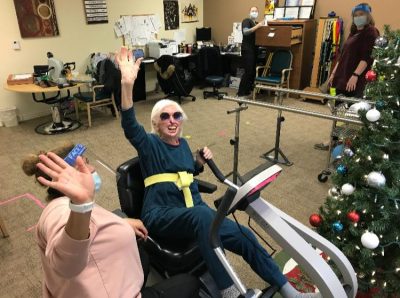
Activities of Daily Living (ADLs) – cooking and eating, bathing, grooming, dressing, using the bathroom
- Safety procedures, precautions, and emergency responses
- Leisure and play – games, group activities, arts and crafts, playing, pets and animals, and socializing
- Shopping and financial management
- Rest and sleep
Occupational therapy is required after significant health incidents or as part of other rehab programs.
Occupational therapy can –
- Increase cognitive health and mental well-being. Daily routines and activities can be especially beneficial for those with Alzheimer’s and dementia.
- Improve quality of life, empowering individuals to manage their day-to-day routines in a comfortable and rewarding way.
- Allow community members to gain more freedom and independence. Being independent, even in moderation, does wonders for self-perception and confidence.
- Provide physical benefits that standard physical therapy often can not. With a focus on smaller everyday activities, your loved one will be strengthening muscles and joints that they use every day. This can help with conditions such as chronic pain and arthritis.
Speech Therapy
Speech therapy is the therapeutic treatment of issues relating to communication, speaking, language, and swallowing. This therapy is performed by a speech therapist, who is also known as a speech pathologist.
Activities that are performed in speech therapy include but are not limited to:
- Practicing formation, vocalization, and articulation of words – focusing on correct pronunciation and sounds.
- Oral exercises to strengthen mouth muscles – promoting healthy eating, swallowing, and drinking.
- Other oral motor skills – such as those relating to the movement of the mouth and throat.
Speech therapy is required when communication or swallowing issues develop due to chronic pain or after significant health events such as strokes. As you age, your vocal cords can also become weak and more fragile. A speech therapist may be required to assist in this situation.
Speech therapy can –
- Strengthen vocal cords. This is one of the primary and most straightforward benefits of speech therapy. This therapy is crucial for anyone experiencing speech and communication issues later in life or after an injury.
- Improve one’s ability to eat and swallow more safely. Safer eating practices reduce stress around care.
- Increase brain strength and mental health for those who have Alzheimer’s and dementia. Practicing communication, articulation, and eating helps to preserve and even improve these skills.
- Enhance quality of life by strengthening an individual’s ability to eat and increasing socialization through better communication.
- Be an essential part of rehabilitation after trauma such as a stroke or other damage to the mind. Speech therapy is a necessary step on the road to recovery.
Take Advantage as Soon as You Can
Now that you know more about how beneficial these therapies can be, let’s talk about the fact that you may have access to them and not even realize it. Even if you are aware of these care opportunities, you may not be taking full advantage of them. Did you know that Part B therapies (physical, speech, and occupational) are actually covered by many insurance plans, programs, and companies?
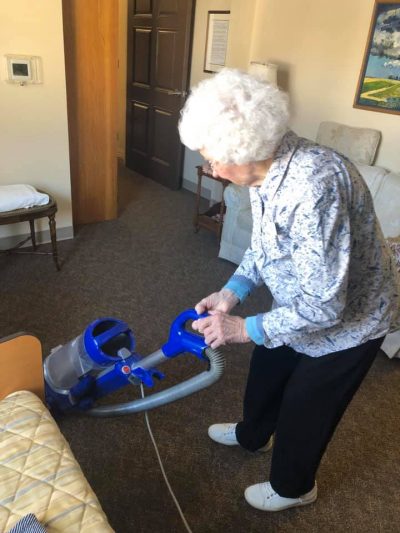
This may give you access to these vastly beneficial care options that can dramatically change your loved one’s health, wellness, and quality of life. After seeing the available therapies, what situations may require them, and the dramatic benefits they offer, you can help your loved one find that extra bit of care that may make a big difference.
At Arbor Springs, each therapy experience is specially tailored to ensure individual community members have an opportunity to achieve the best results. We believe in bringing you and your loved one the best possible care. This means using all of our available tools to help those we care for thrive.
A therapy regimen must be started as soon as possible. The sooner we get you and your loved one the care required, the sooner we can start seeing some meaningful results. The sooner we can begin care, the sooner health can improve.
If you have questions about your eligibility, what therapies would be the best fit, or how Arbor Springs can be the right choice for you, reach out to us today!

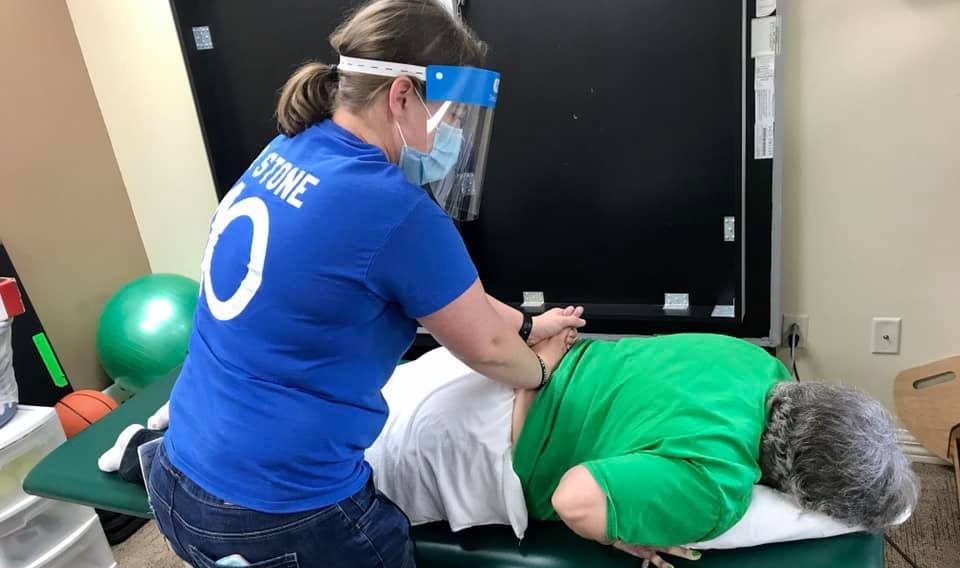
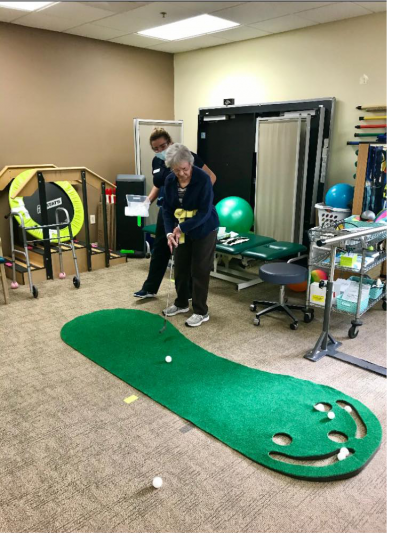

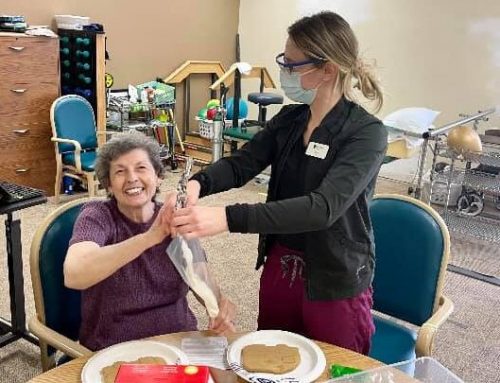
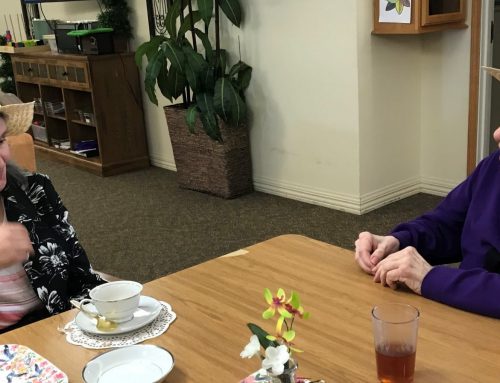

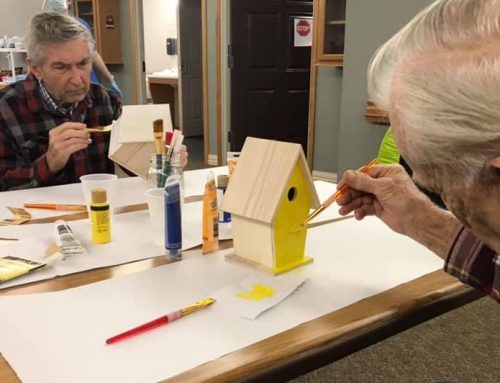
Leave A Comment